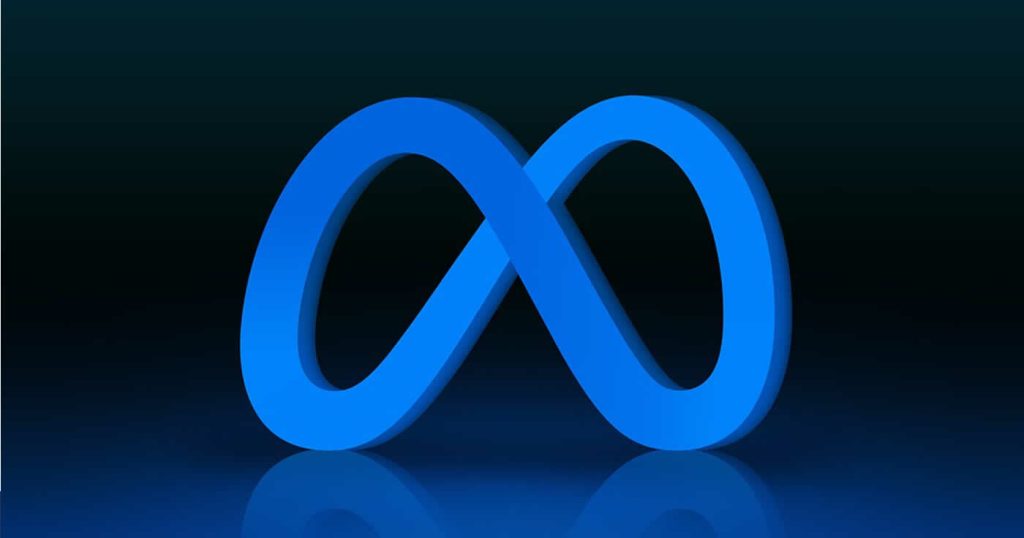Facebook has identified more than 400 malware applications that appear to have stolen over a million usernames and passwords. To counter the attacks, the company has now shared its findings with Google and Apple.
Apparently, more than 400 apps secretly stole the data of about 1 million Facebook users. The company has this in charge Blog post communication.
“This year we identified more than 400 malicious Android and iOS apps targeting Internet users to steal their Facebook credentials.” (Facebook)
Thus, the apps are available on Apple and Google app stores and are meant to hack users’ Facebook accounts. Malware is designed by third parties to appear “funny” or “useful” to users. To use the app, users had to log in with their social media account.
If the scammers manage to convince the user to sign up, they will gain full access to the person’s account, pages and groups on Facebook that the victim has admin rights to. You can also send messages to their friends and access private information.
According to various media reports, how over hereAbout a million Facebook users sent their usernames and passwords to malicious apps through this nasty scam.
Examples of malware apps that don’t work until you sign in with your social media account
Facebook writes:
This year, our security researchers discovered more than 400 malicious Android and iOS apps designed to steal Facebook credentials and put people’s accounts at risk. These apps are listed on Google Play Store and Apple App Store as well
- Photo editing software
- Toys,
- vpn services,
- Business applications and
- Other disguised utilities to trick users into downloading.
Here are some examples:
- Photo editors, including those who claim you can turn yourself into a caricature.”
- VPNs that pretend to increase browsing speeds or give access to blocked content or sites
- Phone utilities like flashlight apps that pretend to make your phone’s flashlight brighter
- Mobile games that promise a lie with high-quality 3D graphics
- Health and lifestyle apps like horoscopes and fitness trackers
- Business or ad management apps that claim to offer hidden or unauthorized features that are not found in the official technology platform apps
Facebook itself sends affected users a security notice and explains how they can protect themselves from spam account attacks.
Tips from Facebook if you fall victim to this nasty scam:
If you believe you have downloaded a malicious app and used your social media or other online service credentials to log in, we recommend that you delete the app from your device immediately and follow the instructions below to protect your accounts:
- Reset your passwords and create new and secure passwords passwords. Do not use this password on multiple sites.
- To add an extra layer of security to your account, enable Two-factor documentationpreferably using an authenticator app,
- Turn on Login Alerts to be notified when someone tries to access your account. Be sure to check your current and previous sessions to make sure you know which devices can access your account.
Sources
Facebook Report / Meta
cnet
In line with this theme: Facebook data leak: a big success for those affected! The first court ruling awarded the victim 1,000 euros in compensation
note: This content reflects the current situation at the time of publication
I was. It is used to play individual photos, screenshots, weddings, or video sequences
Discuss the topic with the subject.

“Social media evangelist. Baconaholic. Devoted reader. Twitter scholar. Avid coffee trailblazer.”







More Stories
These brands are most vulnerable to phishing scams
Apple Maps Now Has a Web Version and Wants to Challenge Google Maps
Best AirDrop Alternatives for Android